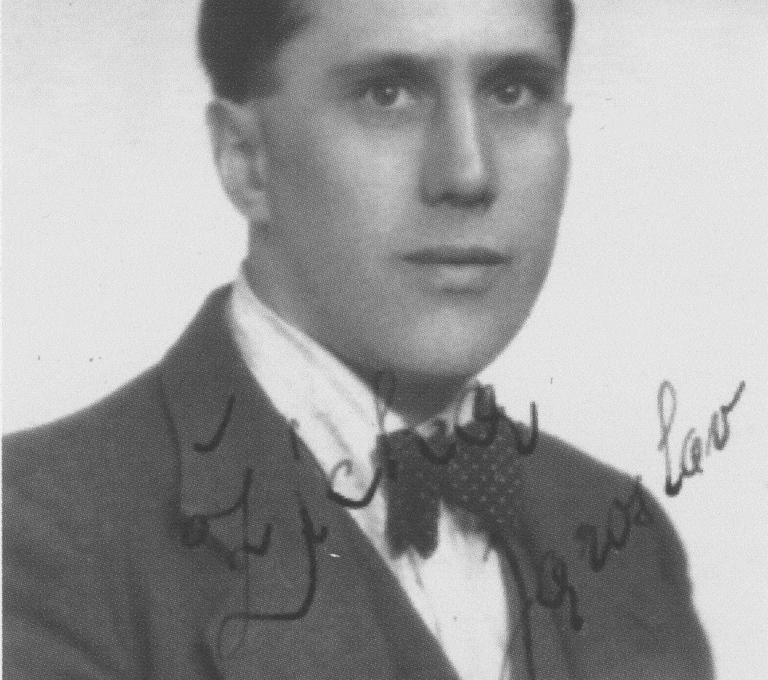Table of contents Show
Czechoslovakia leaders were instrumental in determining the course of the nation from its founding in 1918 until its dissolution in 1992. From the fallout of World War I to the fights against totalitarian governments, these leaders, who came from all walks of life and had different philosophies, maneuvered through the turbulent currents of European history. This piece examines the accomplishments, struggles, and lasting influence of the key Czechoslovakia leaders on the history of the nation.
From the very beginning to the very end, the leaders of Czechoslovakia were an eclectic mix of reformers, diplomats, and visionaries. In the midst of Europe’s complicated political and historical landscapes, they made contributions that will last.
These leaders were crucial in establishing Czechoslovakia’s identity, whether it was laying the groundwork for a new nation, navigating diplomatic obstacles, or fighting for democratic principles. Lessons learned from these leaders have an enduring impact on the Czech Republic and Slovakia as they have recovered from the split, representing the tenacity and determination of the Czechoslovak people.
Navigating the Soul of a Czechslovakian Country

From its brief existence from 1918 to 1992, the Cze country absorbed a wide range of political, cultural, and historical influences. Discovering the essence of this country requires delving into its varied topography, the legacy of its great leaders, and the resilience of its people.
Exploring the heart of a former Czechoslovakian nation is like taking a trip through history, culture, and resiliency. Every aspect of Czechoslovakia’s history—from the early days of democracy to the struggles against communism, the legacy of the Prague Spring, and the Velvet Revolution—is imprinted in the national character.
The Czech Republic and Slovakia are moving forward into the 21st century with the shadow of Czechoslovakia cast over them, a reminder of a nation that discovered itself at the crossroads of history.
Key Political Leaders in Czechoslovakia’s History
Important political personalities who shaped the destiny of Czechoslovakia from 1918 to 1992 were at the helm of the country. Notable Czechoslovakia political leaders include the following:
Tomáš Garrigue Masaryk (1850–1937)
In 1918, philosopher, sociologist, and politician Tomáš Garrigue Masaryk became the first President of Czechoslovakia. After WWI, Masaryk played a key role in forming the new state as a founding father. The principles of social fairness, human rights, and democracy were central to his vision.
Edvard Beneš (1884-1948)
After Masaryk, Edvard Beneš became the second President of Czechoslovakia and was also the foreign minister of the country. His diplomatic abilities were vital throughout the interwar years, but he resigned in 1938 after the Munich pact. After World War II, Beneš came back to head Czechoslovakia, but he was met with resistance by the communist government.
Klement Gottwald (1896–1953)
Among the Czechoslovak Communist Party’s most prominent members was Klement Gottwald. Following WWII, he assumed the positions of prime minister and president of Czechoslovakia, the latter of which he held until 1948. The country’s transition to communist governance began during his presidency.
Alexander Dubček (1921–1992)
During the Prague Spring in 1968, Alexander Dubček, a leader in the reformist communist movement, was the First Secretary of the Communist Party of Czechoslovakia. A watershed moment in Czechoslovakia’s history came when the Soviet Union intervened in his efforts to implement political reforms within the communist system.
Gustav Husák (1913–1991)
Gustáv Husák became President of Czechoslovakia and succeeded Dubček as the Communist Party head. Following the Prague Spring, his presidency was defined by a return to normalcy marked by the stifling of political opposition and dissent.
Václav Havel (1936–2011)
One of the most prominent Czechoslovakia leaders in the 1989 Velvet Revolution was the dissident writer Václav Havel. In the wake of the revolution, he made history as Czechoslovakia’s first president to have served after the era communism in the Czech Republic ended. Human rights, democracy, and the pursuit of truth and justice were central themes throughout Havel’s presidency.
Vladimír Mečiar
This is one of the communist leaders outside of Czechoslovakia. Following the amicable split of Czechoslovakia in 1992, Vladimír Mečiar assumed the role of prime minister for the newly independent Slovakia. In the years immediately following Slovakia’s independence, his populist and nationalist leadership style shaped the country’s trajectory.
Czechoslovakia’s political leadership during World War 1 and World War 2
In World War I, Czechoslovakia sought international support for independence. In World War II, it was occupied, resisted, and exiled. After the war, political dynamics changed and communism took hold. The Czechoslovakia leaders during cold war include the following:
Czechoslovakia’s WWI political leadership
Tomáš Garrigue Masaryk (1850-1937): Masaryk, a philosopher and statesman, helped build Czechoslovakia. He managed diplomatic efforts to establish an independent Czechoslovak state during World War I.
Edvard Beneš (1884-1948): Beneš was Masaryk’s close associate and vital in World War I diplomatic efforts. He promoted Czechoslovak interests in Allied capitals and helped organize the Allies’ Czechoslovak legions.
Milan Rastislav Štefánik (1880-1919): Astronomer and diplomat Štefánik supported the Allies in World War I. France and the Allies supported the Czechoslovak legions thanks to him.
Czechoslovakia’s WWII political leadership
Edvard Beneš (1884-1948): After the 1938 Munich Agreement divided Czechoslovakia, Beneš retired as President. He worked to restore Czechoslovakia in exile and represented it in Allied talks.
Emil Hácha (1872–1945): After the Nazi conquest in 1939, Hácha became President of the German Protectorate of Bohemia and Moravia. He had limited authority under German influence.
Jozef Gabčík and Jan Kubiš: Czechoslovak paratroopers Jan Kubiš and Jozef Gabčík received training in the UK. They helped plan Operation Anthropoid, an attempt to kill Holocaust architect Reinhard Heydrich.
How Czechoslovakia’s Communist Leaders Shaped the Destiny of a Nation
Czechoslovakia’s communist leaders had a critical role in molding the country’s fate, leaving a complicated legacy. From Gottwald’s early years of ideological zeal to Husák’s confining conservatism, every leader played a role in the story of a nation entangled in a web of communist dogma.
The tenacity of dissent, as exemplified by initiatives such as Charter 77, eventually cleared the path for the Velvet Revolution, which marked the end of communist authority and the start of a new chapter in Czechoslovakia’s history. The impact of Czechoslovakia leaders, both favorable and harmful, remains in the minds of all of the Czech and Slovak people.





